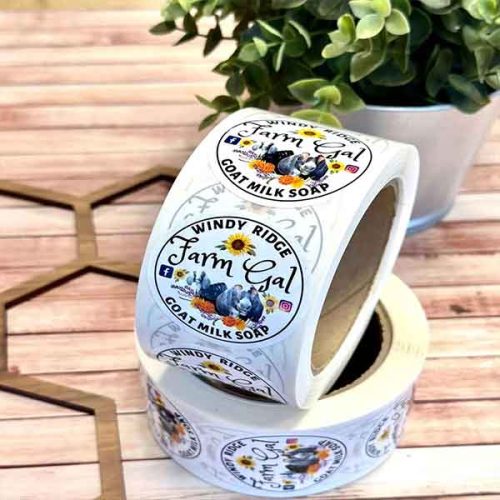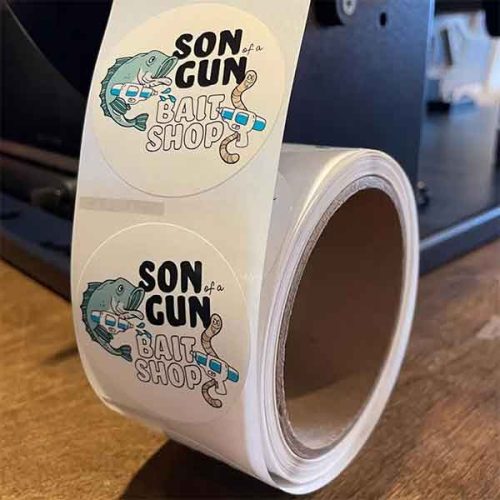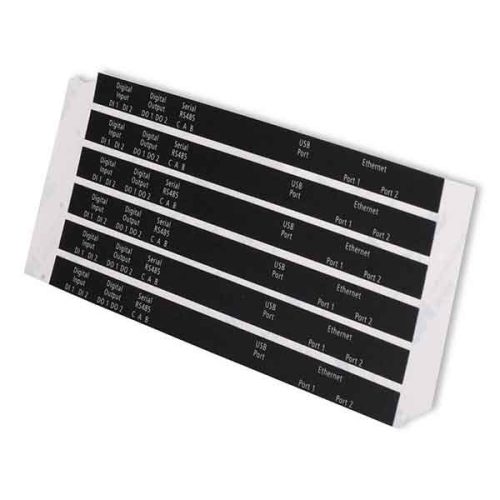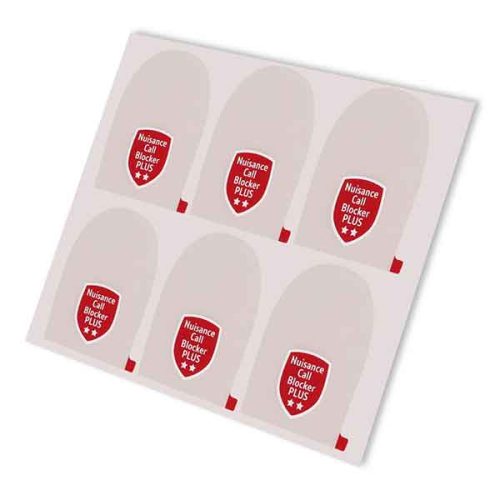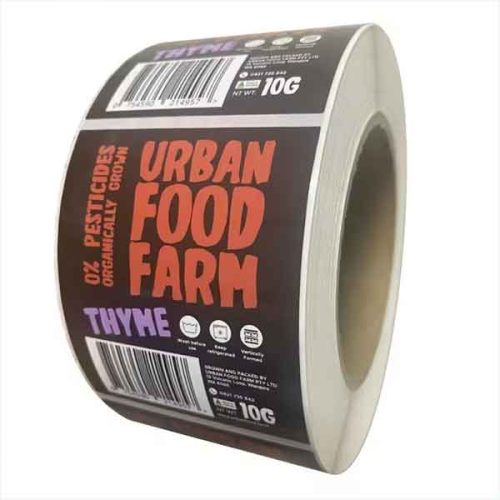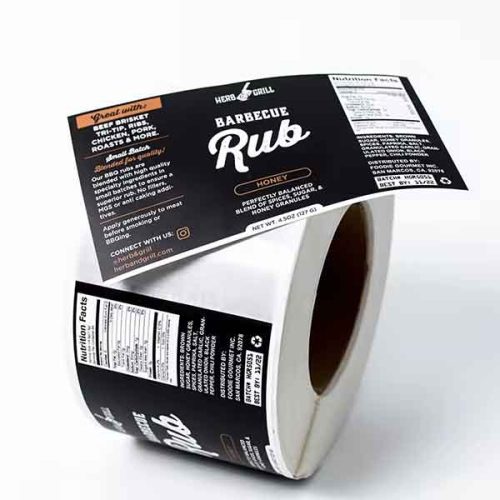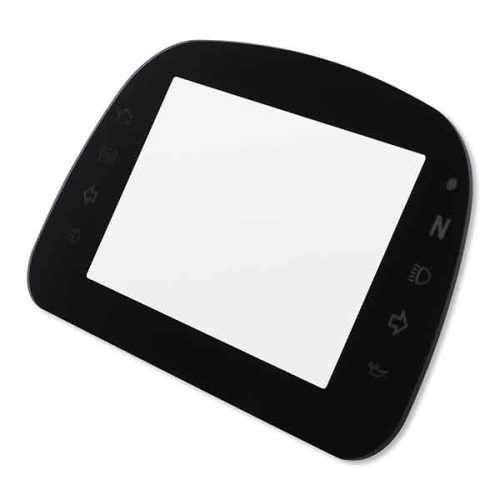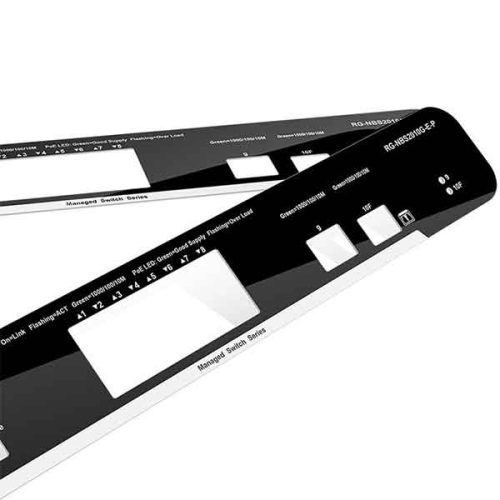Electronic products have strict requirements for the precision of die-cutting labels, and excessive errors will seriously affect the aesthetic of products, Sometimes this can cause functional problems. We have cutting-edge equipment to ensure the best quality.
- 100% new material
- Clear Windows or cut out die parts
- High-quality printing with cut-out parts and adhesive
- Design, printing, and cutting services in one
- No MOQ, no mold tooling extra charge fee
- Precision die-cut service with smooth edges as design and good transparency





